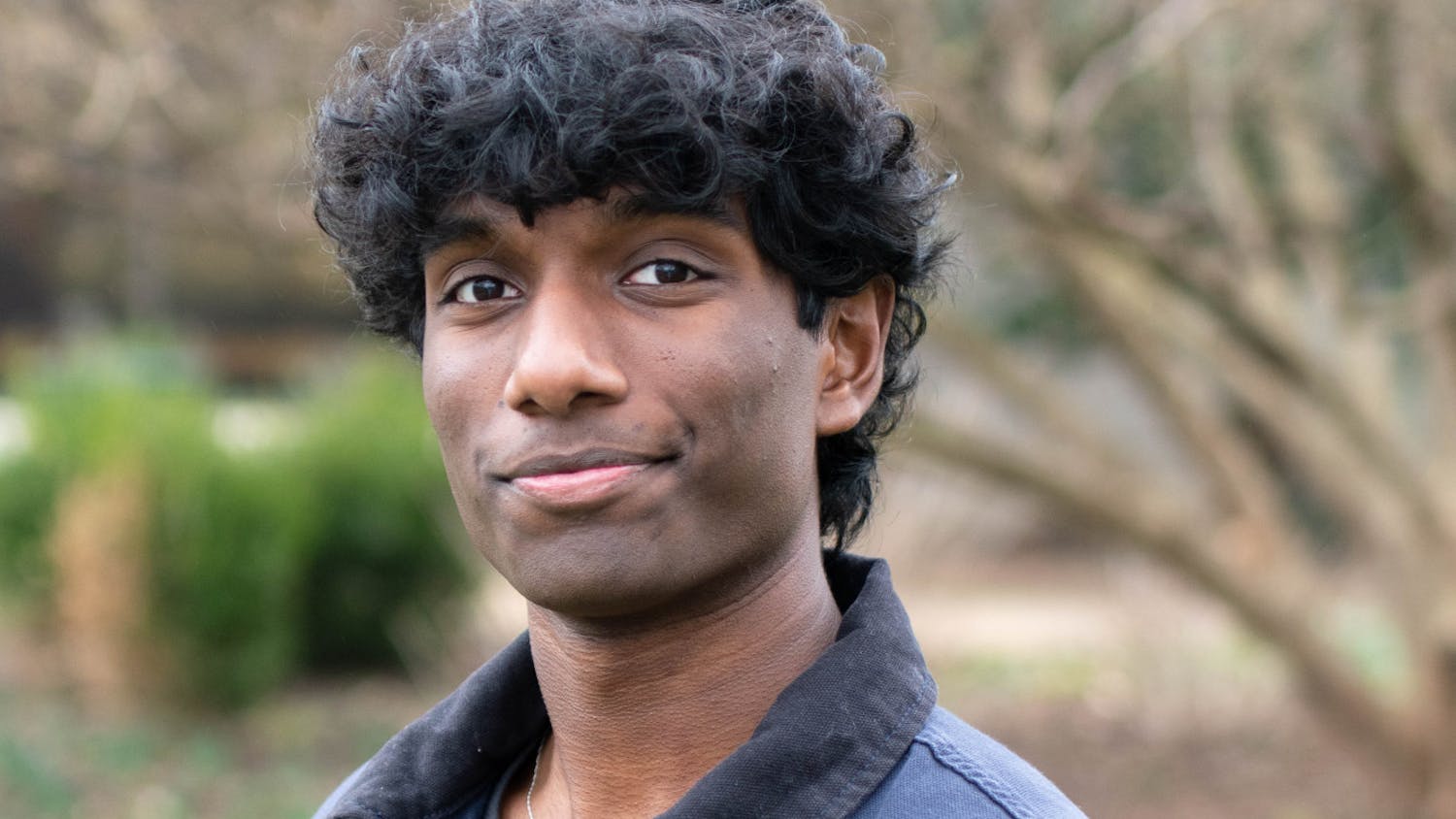Earlier this week, a fellow student of mine exercised his First Amendment right to free speech by contributing an Op-Ed to The Eagle entitled “AU Should Ban Protesting in Academic Buildings.” While I respect his opinion, it deserves a firm rebuttal.
In the last several years, our generation has somehow turned against free speech. College campuses, formerly a safe haven for extreme ideas and challenging one another, have now entered a realm of self-policing. Political correctness and “trigger warnings” have taken the place of tolerance for diverse opinions and honest discussions.
This new culture of self-imposed censorship has caused college students to debate where and how free speech should be tolerated.
“Certain topics need to be off-limits.”
“Offensive tee shirts should be banned.”
“Your speech ends where my feelings begin.”
“Your speech is a disruption.”
This circles us back to the proposition written by Zachary Andrews. He writes, “I am a strong supporter of the First Amendment of the U.S. Constitution.” Okay, we’re on the same page so far.
He continues, “Interrupting people who are trying to get an education is not an appropriate means of protest.” That’s one opinion. I may or may not agree, but from his vantage point, he might be right about that. Let’s keep going.
“…no one has the right to interrupt them from acquiring [their] education. Students protesting during class is interrupting.” Herein lies the problem.
Interruptions are annoying, granted. Maybe they even cause discomfort or briefly hinder student learning. However, no amount of noise achievable by a human voice can ever rightly be suppressed under the First Amendment. The rights of protesters don’t end where your feelings and eardrums begin, even if you sit in a class.
From a legal perspective, AU is funded in part by the government. As such, even as a private institution, it has a duty to hold itself to the values presented in the constitution. Your right to free speech “shall not be infringed.” That was written in no uncertain terms.
Andrews writes, “AU should initiate a policy that allows students to protest wherever on campus they want, just as long as it doesn’t interrupt any major function of the school.”
If free speech is protected only when it is not disruptive, no speech is safe. The right to speak freely is intended to protect speech that is unpopular, and even disruptive to the status quo. As long as you don’t initiate force or violate the basic human rights of others, you have the right to speak how, when and where you wish. If someone tries to suppress your speech through force, laws or violence, then that person is causing a disruption to liberty. I don’t need to agree with protests on AU’s campus (and in fact I usually don’t) to know that trying to ban them violates the Constitution and cheapens our American tradition of speech.
Andrews’ Op-Ed interrupted my Facebook newsfeed, but rather than trying to ban his ideas from the school newspaper, I spoke. If AU ever bans protesting in buildings to stop interruptions, I’ll be the first to run through them and shout while banging pots and pans.
Ford Fischer is a junior in the School of Communication.




